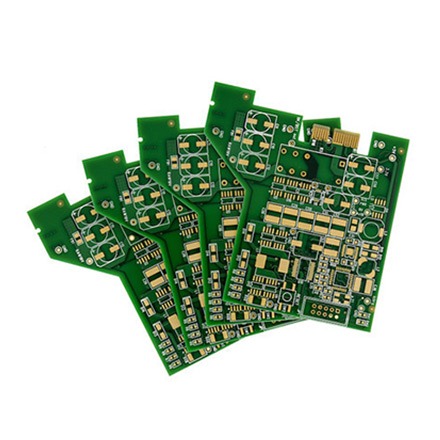

Understanding Float Glass Sheets Properties, Uses, and Benefits
Float glass sheets have become a quintessential material in various industries, thanks to their clarity, uniform thickness, and versatile applications. The process of manufacturing float glass, developed in the1950s by Sir Alastair Pilkington, involves floating molten glass on top of molten tin, which results in a smooth and flat surface. This innovative technique has revolutionized the glass manufacturing process, providing a high-quality product that caters to numerous commercial and residential needs.
One of the defining characteristics of float glass sheets is their exceptional optical clarity. The thickness of the glass can vary, but commonly ranges from 2 mm to 19 mm. The smooth surface allows for maximum light transmission, making it ideal for applications where visibility is crucial, such as windows, facades, and glass doors. Whether used in homes, offices, or public buildings, float glass enhances the aesthetics of any space while providing natural light illumination.
In addition to its aesthetic appeal, float glass sheets are highly durable
. They possess excellent resistance to weathering and can withstand various environmental conditions without deteriorating. This quality makes them a favored choice for architectural glazing, where exposure to sunlight, rain, and wind is a daily occurrence. Furthermore, float glass can be tempered or laminated to enhance its strength and safety features, allowing it to be used in situations where additional protection is necessary, such as in schools and hospitals.
The versatility of float glass sheets extends to several industries beyond architecture. They are widely used in the automotive sector, where strong yet lightweight glass components are essential for vehicles. Windshields, side windows, and sunroofs made from float glass provide excellent visibility while ensuring passenger safety. Additionally, float glass has applications in the electronics industry, where it is used as a substrate for displays, touchscreens, and solar panels due to its smooth surface and uniform thickness.
Manufacturers also appreciate float glass sheets for their ease of processing. They can be cut, shaped, and polished to fit a multitude of uses without compromising quality. This adaptability aligns with the growing trend of custom glass solutions in both residential and commercial projects. This customization allows architects and designers the freedom to create innovative designs that incorporate glass elements in unique ways.
Moreover, float glass is an environmentally friendly material. It is made from abundant natural resources such as sand, soda ash, and limestone. The recycling of float glass is also efficient, as it can be melted down and remade into new glass products without losing its quality. This sustainability aspect appeals to businesses and consumers who prioritize eco-friendly materials.
In conclusion, float glass sheets represent an essential component in modern construction, automotive, and electronics industries. Their superior optical clarity, durability, versatility, and sustainability make them a top choice for a wide range of applications. As technology continues to advance, we can expect even more innovative uses of float glass in our everyday lives, further solidifying its position as a valuable material for the future.